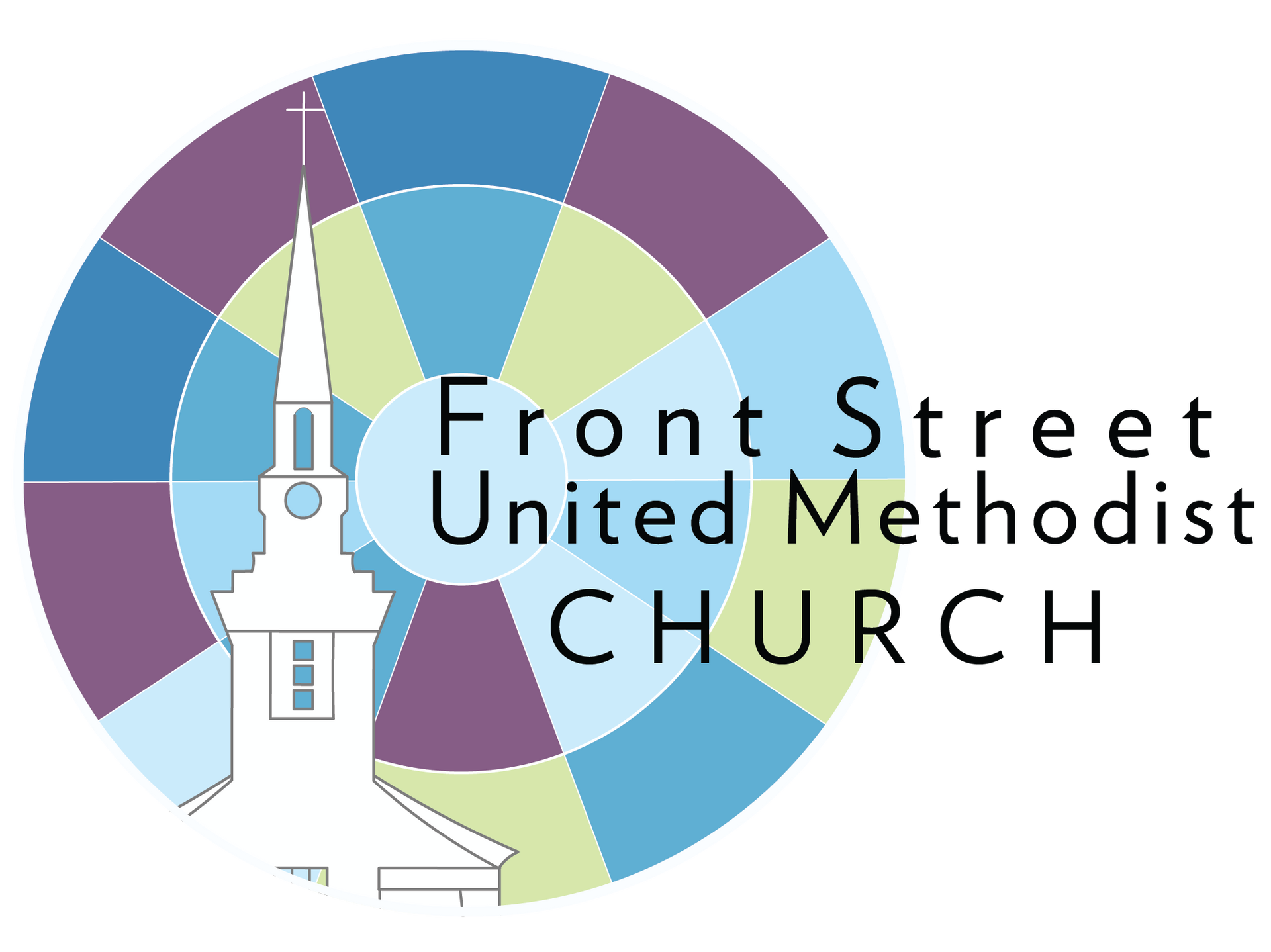Brief Thoughts on Conflict
For wherever two or three are gathered in my name, I’m there with them.
– Matthew 18:20 (CEB)
Dear Front Street Family,
We often use Jesus’s statement in Matthew 18 as his promise to be present whenever only a few of us (two or three) can gather and agree on something, I guess to help us feel better if the sanctuary is empty on Sunday morning, or if folks don’t take discipleship seriously enough. It’s an affirming understanding: Jesus will use whoever makes themselves available to his call, even if as little as two show up!
However, within the context of the larger narrative, Jesus has just summed up his discourse on addressing in the community. Here he challenges the disciples to care for one another by seeking out those who have wandered off, by leaving the community of ninety-nine to find the one sheep who has gone astray. They must be a community that is capable of caring for others as Christ has cared for them. When conflict arises they must see the person who has wronged them and speak truthfully to them with grace so that they don’t become a stumbling block that leads others into sin.
According to Jesus forgiveness and reconciliation define the life of his disciples because he is the forgiving center that makes community possible. Jesus recognizes that we, broken people in need of grace, will wrong one another given time. The issue isn’t whether the church should deal with conflict, but how. Jesus doesn’t tell the disciples that they should think about going to the person who has wronged them; instead they must. Any other action avoids Jesus’ call to find and restore the one lost sheep to the ninety-nine.
Hey, I get it. It ’s easier to brood angrily about someone who has wronged us and smile to their face than to seek that person out and confront them. It’s easier to love someone when they’re being who we want them to be than loving them for who God has made them to be. It’s easier to control someone than set them free so that the Holy Spirit can encounter them with forgiveness. Yet, Jesus commands us to tell the truth to one another and press through the conflicts we need to have in order to prevent doing harm to the littlest and least.
Truly loving a neighbor happens as our thoughts, words, and actions are conditioned by the word and grace of Jesus Christ. I can’t relate to another person without first recognizing that Jesus stands between us. You and I cannot truly know friend, enemy, spouse, sibling, or stranger until we stop holding them captive to our expectations of who they should be. We will never find peace without first seeing the other person as someone for whom Christ has also died and whom Christ will set free without needing me to control them. That changes how we approach others with whom we have conflict.
We are to gather as family in the name of Jesus and agree toward reconciliation, laying down gossip, vitriol, and the truth at the feet of the One who promises to be with us. And too, know this: in seeking out someone who has wronged me carries with it great risk. In going to that person, I may in fact discover that the person who committed the wrong was me, and that I am the one in need of forgiveness and restoration to the community. It’s never easy to hear the truth about yourself, but journeying to the cross together may reveal that in fact neither person has been wronged at all. And when this is the case, we can rejoice that we have lost an enemy! We can thank God for a journey that crucifies self-centered love and violence and resurrects the God-centered love of neighbor.
Whenever at least two or three are gathered in Jesus’s name for the sake of reconciliation and restoration, we are guaranteed Jesus’s presence in the act itself. Therefore, we can be brave, as Paul tells the Ephesians, to speak the truth in love.
Patrick Murphy











